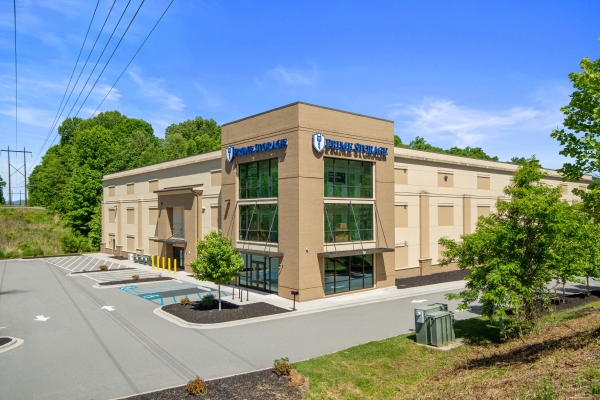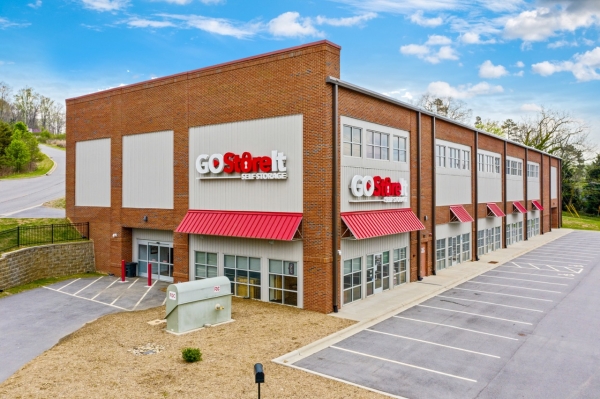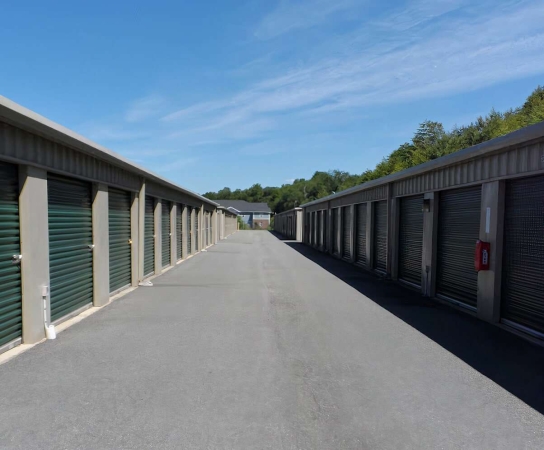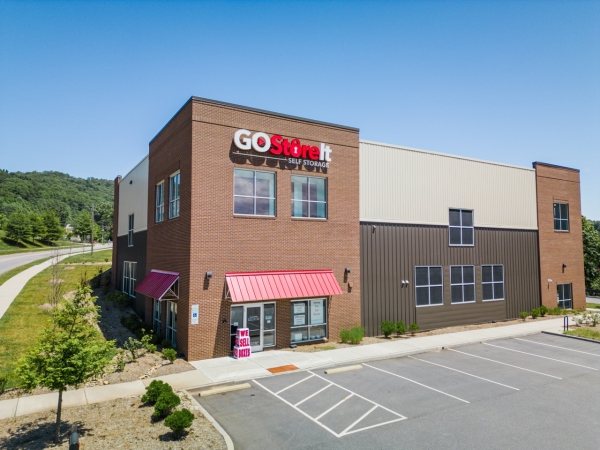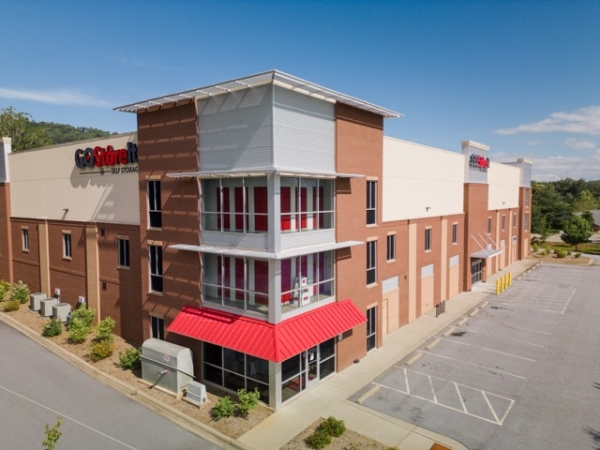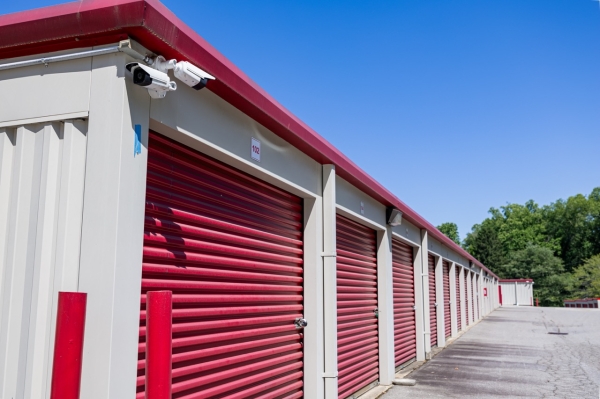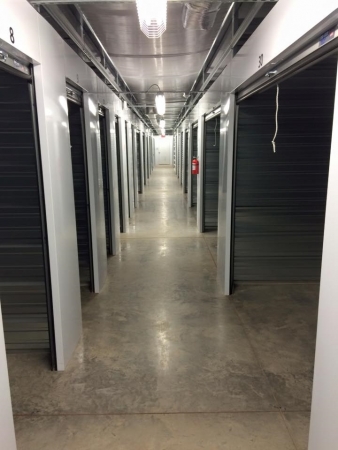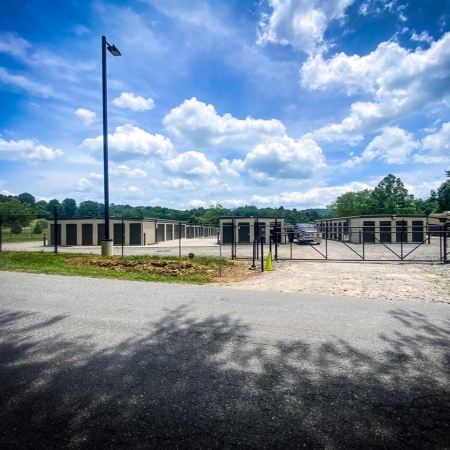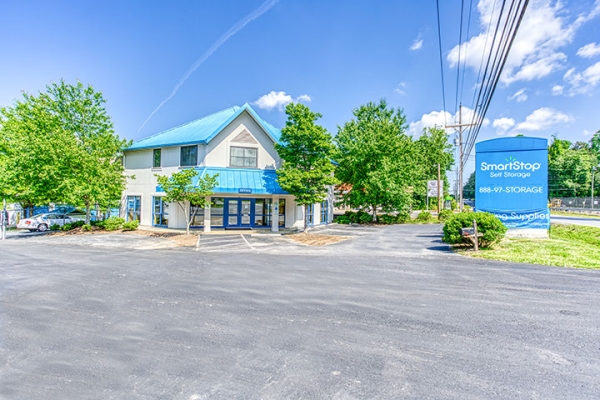Asheville’s mountain climate brings humid summers and unpredictable weather patterns that can wreak havoc on stored belongings. With average humidity levels reaching 70% in summer and temperature swings from freezing winters to 80°F+ summers, you’ll need storage that adapts to the Blue Ridge Mountains’ seasonal extremes.
Average Storage Unit Prices in Asheville, NC
Here’s what you can expect to pay for Asheville storage units:
| 5’x5′ | $55 |
| 10’x10′ | $114 |
| 10’x15′ | $135 |
| 10’x20′ | $187 |
What to Look for in an Asheville Storage Unit
- Moisture Defense: High humidity and frequent mountain storms make climate-controlled units essential for protecting artwork, musical instruments, and electronics from warping and mold damage.
- Tourist Season Access: Asheville’s peak tourism months can create traffic congestion downtown. Choose facilities with easy highway access or extended hours to avoid delays during busy periods.
- Elevation Considerations: Mountain terrain means some facilities may flood during heavy rains. Look for units on higher ground or with raised floors to protect valuable items.
- Security for Outdoor Gear: With Asheville’s outdoor recreation culture, theft of bikes, camping equipment, and sports gear is a concern. Prioritize facilities with gated access and surveillance cameras.
Frequently Asked Questions
Are there storage units near downtown Asheville’s arts district?
Yes. Several facilities serve the River Arts District and downtown area, offering convenient access for artists storing supplies, canvases, and finished works.
Do I need special storage for musical instruments in Asheville?
Yes. Asheville’s music scene means many residents store instruments. Climate control prevents wood warping and metal corrosion from humidity fluctuations.
Can I store outdoor gear between hiking seasons?
Yes. Many locals use storage for camping equipment, bikes, and seasonal gear. Just ensure items are completely dry before storage to prevent mildew.
Are there facilities that handle tourist season demand?
Some storage facilities near popular areas like the Biltmore Estate offer flexible leases for visitors storing items during extended stays or relocations.
Is flooding a risk for ground-level storage units?
Mountain runoff can cause localized flooding. Ask about drainage systems and consider upper-floor units if storing irreplaceable items during heavy rain seasons.

